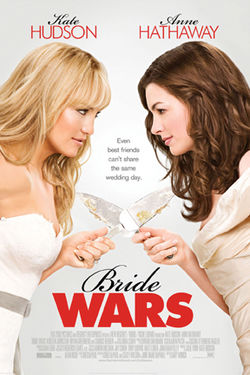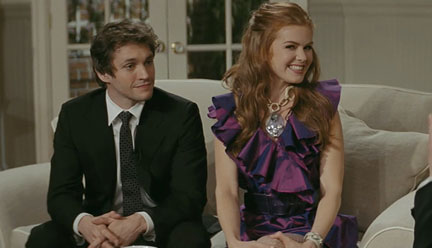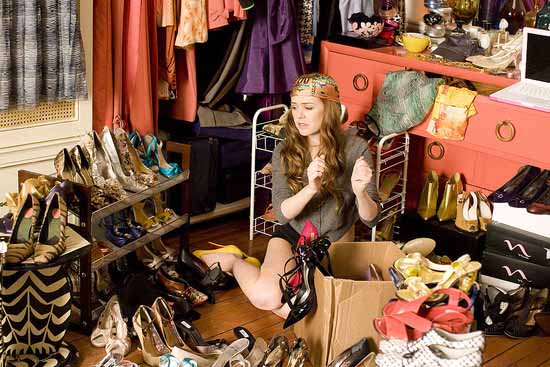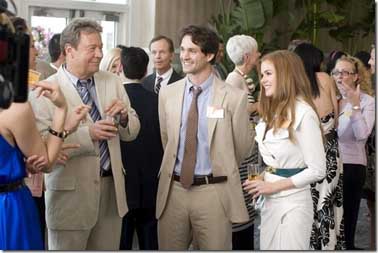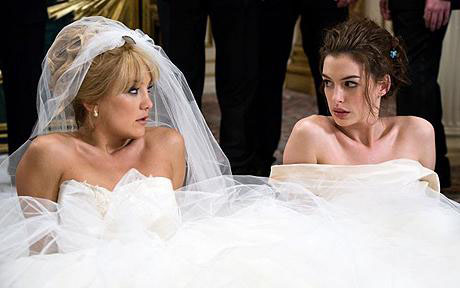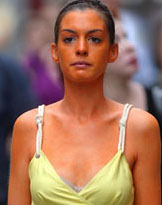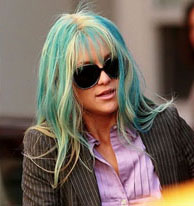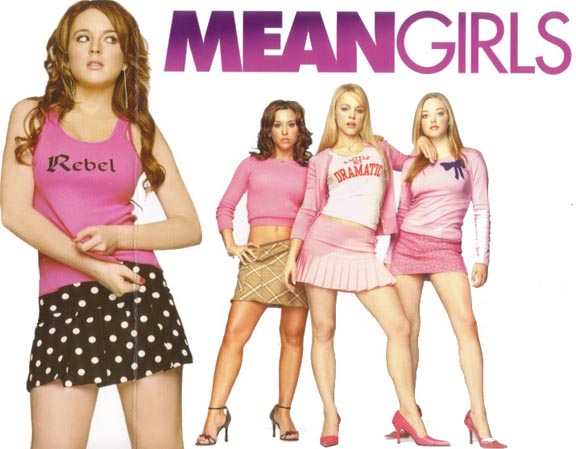| Instead of dealing with real issues women face, themes like
"workplace discrimination , childcare, reproductive rights, racism,
domestic violence, homelessness, aging, human rights, sexual assault and
living as LGBT," (Thompson 43), Hollywood instead displays women as
having superficial problems. This also plays into the psychoanalytic
process of the unconscious which is "created when a very young child's
drives and instincts start to be disciplined by cultural rules and
values" (Rose 110). As a female child one is taught that women are
passive and should never be outspoken or seen as more intelligent than a
superior male. We then see women being subject to these types of
principals in chick flick movies where women are unintelligent and
instead of being knowledgeable in things such economics, or the business
world, women are knowledgeable in shoes and name brands. Hence why most
jobs women are displayed working at in this genre of film are fashion
magazines rather than as business women. This is seen in the movie
Legally Blonde where Elle (Reese Witherspoon), a law student who gains the right to
take on a big court case, isn't necessarily knowledge about laws but
wins the case because of her knowledge on hair products (scene pictured on right). | | 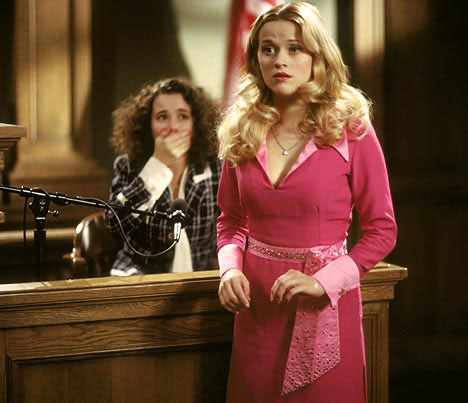 |
